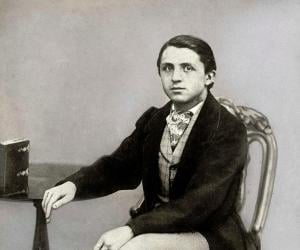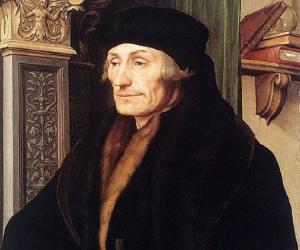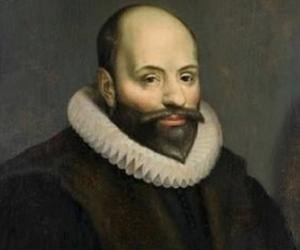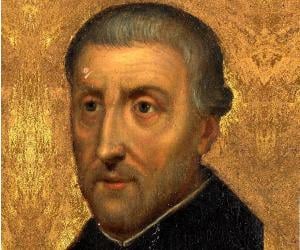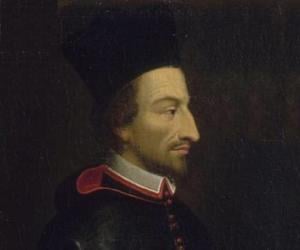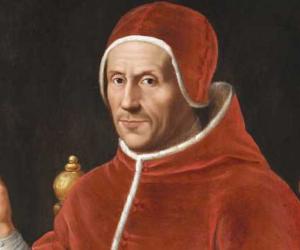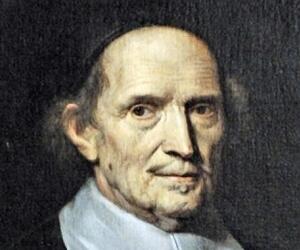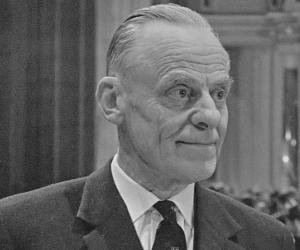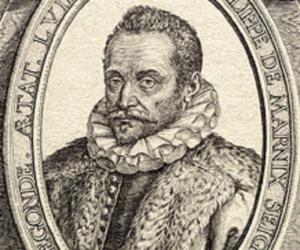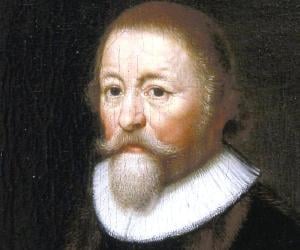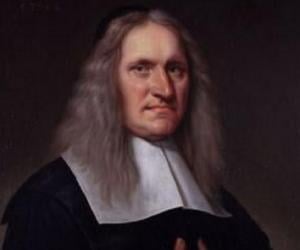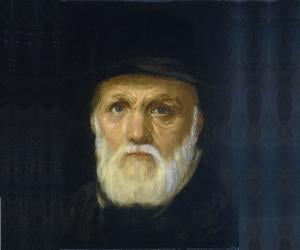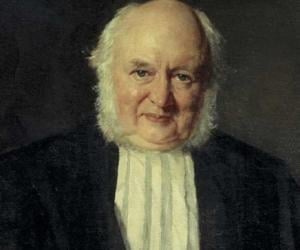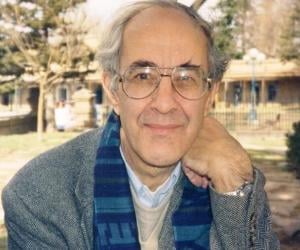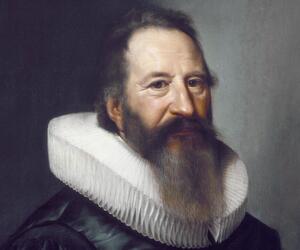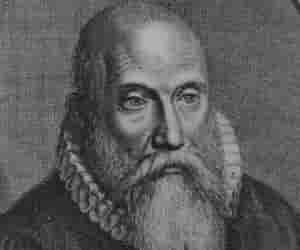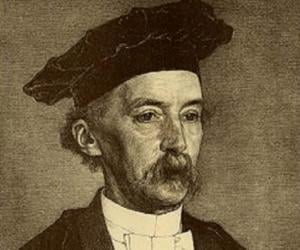1
Hugo Grotius
(Dutch Lawyer, Philosopher and Diplomat Known for His Significant Philosophical Contributions to the Field of International Law)
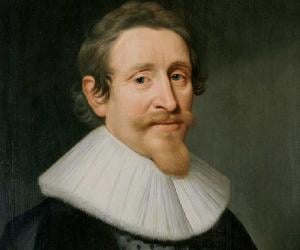
18
4
Birthdate: April 10, 1583
Sun Sign: Aries
Birthplace: Delft, Netherlands
Died: August 28, 1645
Hugo Grotius, a Dutch humanist, diplomat, lawyer, theologian, jurist, statesman, poet, and playwright, was a key figure in philosophy, political theory, and law during the 16th and 17th centuries. He wrote significant works in exile in France, contributing to international law's foundations based on natural law. Grotius's major contributions include "De jure belli ac pacis" and "Mare Liberum," earning him the title of the "father of international law." His ideas on sovereignty, rights, and international society influenced modern peace settlements and theological debates.
